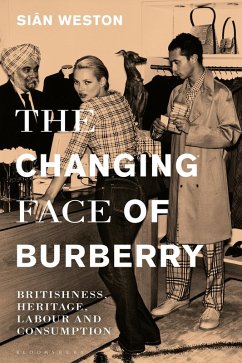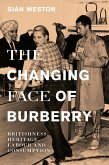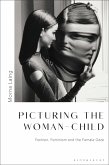Global fashion markets, particularly those aimed at prosperous millennial consumers in China, are in thrall to Burberry, and connect the company's output in the 21st century to a quintessential notion of British tradition. The Changing Face of Burberry examines how the company successfully built this sense of tradition and how it has retained and capitalized on it within contemporary consumer culture. Charting the company's modest beginnings in semi-rural Hampshire in 1856 when it primarily produced waxed smocks for agricultural workers, the book follows the ebbs and flows of its fortunes over its 150-year history, from creating garments for the early motorist, the gentleman officer, and the aristocratic adventurer, to its current status as global fashion brand. It also explores Burberry's more problematic associations, when the brand was sold in tourist souvenir stores and linked to 'chav' culture.
Combining interviews and archive material, including close analysis of advertising campaigns from the late 19th to the 21st century, The Changing Face of Burberry provides an authoritative account of shifting forms of British identity, consumer culture and fashion production, and highlights the shift over two centuries from an era when garments were made by a single hand, through to a digitized and global marketplace.
Combining interviews and archive material, including close analysis of advertising campaigns from the late 19th to the 21st century, The Changing Face of Burberry provides an authoritative account of shifting forms of British identity, consumer culture and fashion production, and highlights the shift over two centuries from an era when garments were made by a single hand, through to a digitized and global marketplace.









